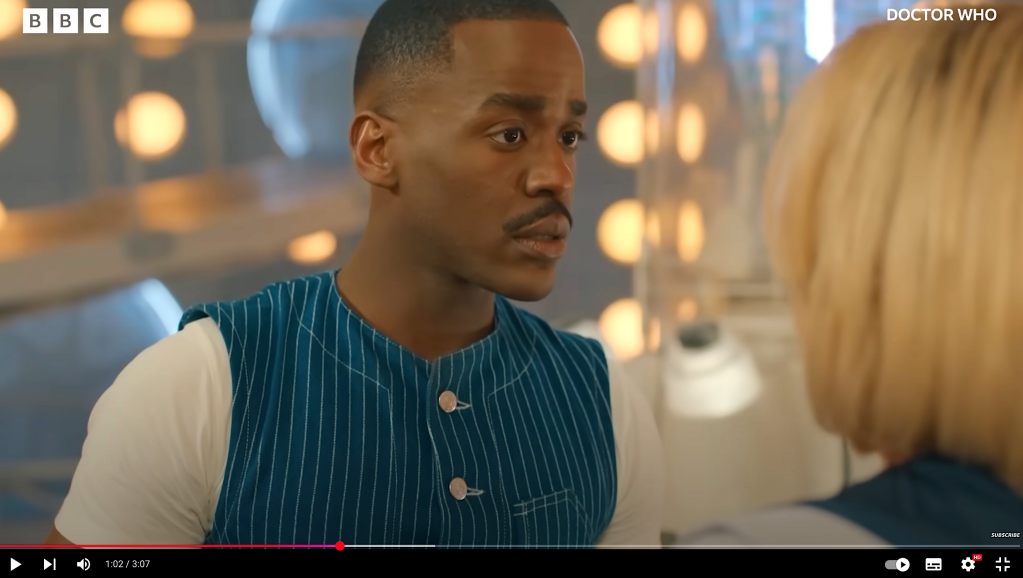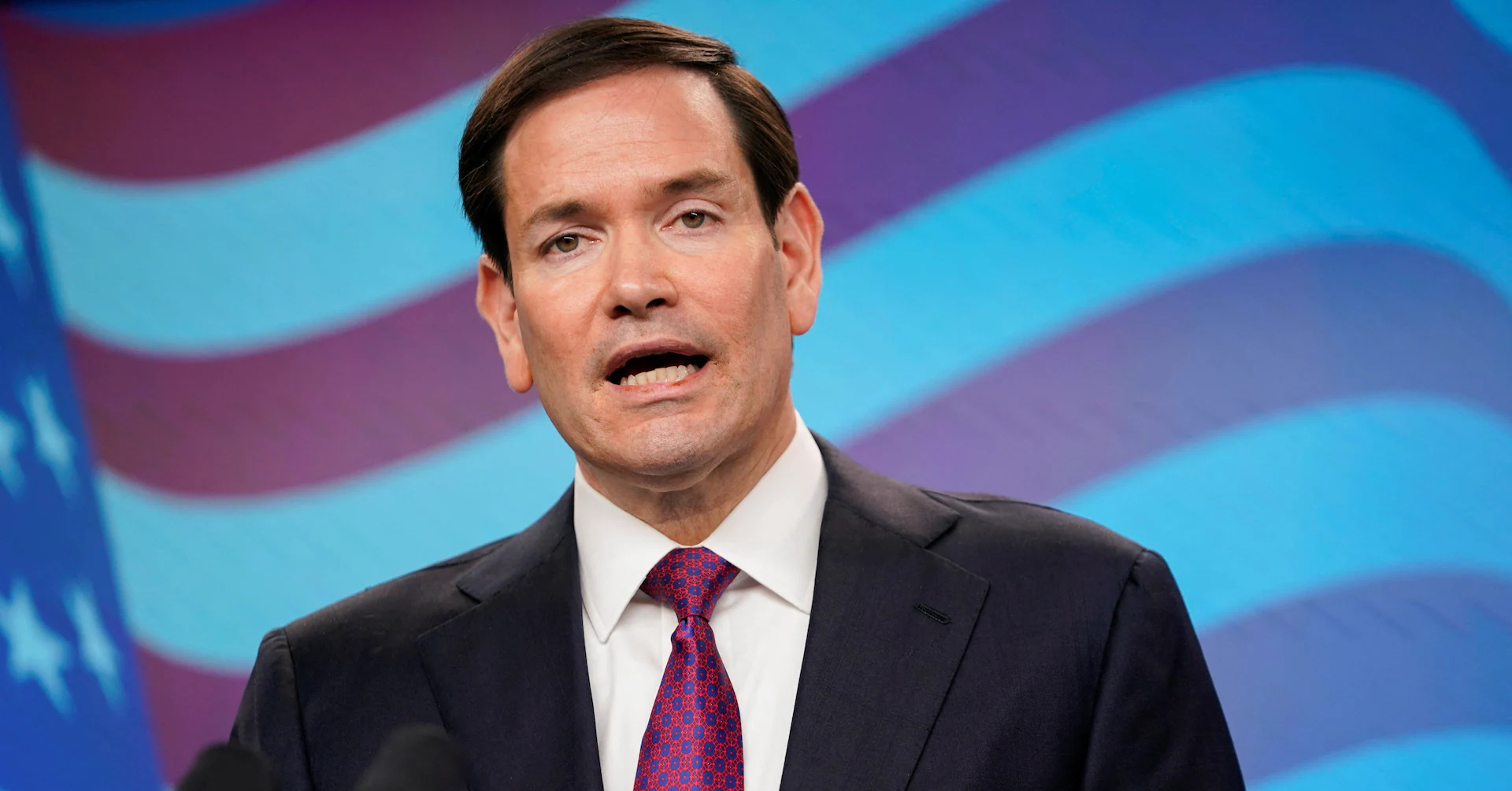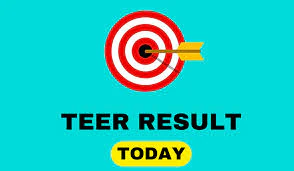
EXCLUSIVE: YouTube has argued it is “premature” for the UK government to threaten legislative changes to ensure the platform recommends content from the BBC, ITV, Channel 4, and 5.
In a statement to Deadline, the Google-owned video-sharing juggernaut said it was committed to “working constructively” with British networks to ensure it is carrying their content prominently.
YouTube’s intervention follows culture secretary Lisa Nandy saying this week that the government is prepared to legislate if the platform cannot agree to prominence deals “on fair commercial returns.” That came after media regulator Ofcom called on the government in July to make broadcaster content easier to find on YouTube, in a review that gravely positied that “time is running out” to save the TV industry.
YouTube’s startling growth on television devices has raised serious questions about its dealings with the BBC, ITV, Channel 4, and Paramount-owned 5, which enjoy prominence privileges in the UK because they carry public service content like news and current affairs.
This prominence is now under threat, with people effectively turning to YouTube as their TV guide. Broadcasters were likely alarmed by recent Ofcom research that found YouTube was the second most-watched service in the UK last year, and it has been regularly outranking the BBC in 2025.
A well-placed BBC source said YouTube is “leaning in” to talks with the broadcasters and conversations have been constructive, even if there are no agreements in place.
The point YouTube is said to be making in these discussions is that prominence might not translate into views because users will just skip over the recommendations and head to the content they want to watch. This phenomenon is not alien to services like iPlayer, where “heroed” content often only benefits from a negligible increase in views.
Despite the pragmatic discussions, there is a view that the threat of legislation is needed, with one senior news executive describing it as a necessary “backstop.”
Jonathan Allan, Channel 4’s interim chief executive, acknowledged as much on stage at the Royal Television Society Cambridge convention on Thursday. “We’re very happy to work with YouTube … without regulation, but in the end, we probably do need some regulation,” he said. YouTube turned 20 this year and chatter about its place in the ecosystem has dominated recent UK conferences.
A YouTube spokesperson said: “Everything we do is guided by delivering value to our users and protecting the vibrant ecosystem that our creators and viewers make possible. This extends to our broadcast partners, where we are seeing that many have achieved remarkable success in reaching new audiences on YouTube.
“We are committed to working constructively to ensure users continue to have access to high-quality, public interest content. Discussions about regulation seem premature when there are so many more opportunities for closer partnership with PSBs to achieve our shared objectives.”
YouTube’s reference to “public interest” content could raise eyebrows, given that it appears to differ slightly from the broadcaster’s desire for “public service” content to be prominent.
While some in the UK industry may still feel YouTube should be kept at arm’s length, Alison Lomax, YouTube’s popular chief in the UK and Ireland, has been helping smooth things over in recent months with the broadcasters.
Lomax, who chaired the recent Creative Cities Convention and was at RTS Cambridge earlier this week where she chatted on stage with England women’s soccer manager Sarina Wiegman, is highly rated by the broadcasters and has been meeting with them consistently. She has also been connected with the vacant CEO role at Channel 4, which would be an intriguing move for someone working at a newer digital player. Unprompted, sources at the broadcasters and big indies have in recent months told us they have been impressed with Lomax.



